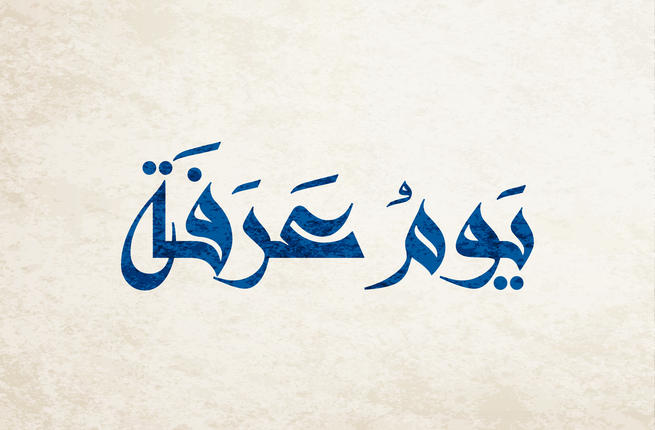Current Section: model

Lesson Voluntary Fasting
Allah has enjoined fasting one month a year. However, He has also encouraged other days for fasting, as long as a person can do so to gain more reward. These extra days include:
The day of Ashura is the tenth day of Muharram - the first month of the Islamic calendar. It is the day on which Allah saved Moses from the Pharaoh (Firown). A Muslim fasts as an expression of gratitude to Allah for saving Moses and to follow in the footsteps of our Prophet ﷺ for fasting on this day. When he was asked about fasting on this day, the Prophet ﷺ said: «It expiates [the sins committed in] the previous year.» (Muslim. 1162) It recommended fasting the day before Ashura, on the ninth day of Muharram, for the Prophet ﷺ said: «If I live till the next (year), I will definitely observe the fast on the 9th.» (Muslim, 1134)
It is the ninth day of Dhu al-Hijjah, the twelfth month of the Islamic Calendar. On this day, pilgrims performing the annual Muslim pilgrimage gather and engage in invoking Allah, praising Him, and glorifying Him. It is the best day of the year, and those not performing the hajj may fast on it. When the Prophet ﷺ was asked about fasting on the day of Arafah, he replied: «It atones for the sins committed the preceding year and the coming year.» (Muslim, 1162)

Shawwal is the tenth month of the Islamic calendar. The Prophet ﷺ said: «Whoever fasts in Ramadan then follows it up with six days of the month of Shawwal will obtain the rewards of fasting for the entire year.» (Muslim 1164)

Abu Huraira reported the Prophet ﷺ: «He has instructed me to do three things: three fasts during every month, two Raka'at of the forenoon prayer, and observing Witr prayer before going to bed.» (Al-Bukhari, 1178, Muslim, 721)



